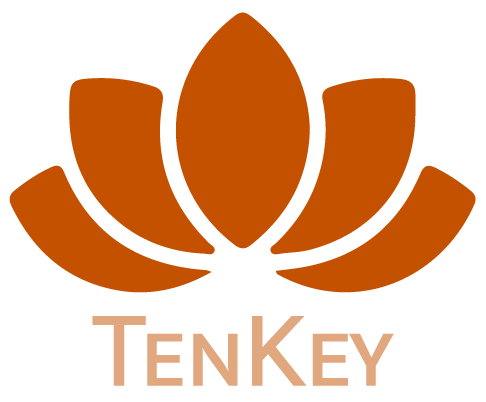At TenKey, we take pride in providing our clients with transparent and ethical accounting and bookkeeping services. Today, we delve into a topic that has raised eyebrows and sparked debates in the financial world – the ethics of creative accounting. Creative accounting practices can be a powerful tool in financial management, but they also come with a moral and ethical responsibility. Where do we draw the line between legitimate financial planning and unethical manipulation? Let's explore this complex issue.
Understanding Creative Accounting
Creative accounting, often referred to as "earnings management" or "financial engineering," involves the strategic use of accounting techniques to present financial statements in a way that may not accurately reflect a company's true financial position. These practices can include:
Income Smoothing: Spreading out income and expenses over multiple periods to present a steady financial picture.
Reserve Accounting: Manipulating reserves and provisions to either boost or deflate reported profits.
Off-Balance-Sheet Financing: Keeping certain assets, liabilities, or transactions off the balance sheet to reduce apparent financial risk.
Changing Depreciation Methods: Altering depreciation schedules to affect asset values and reported profits.
The Moral Dilemma
The heart of the controversy surrounding creative accounting lies in the moral dilemma it poses. On one hand, businesses are under pressure to meet financial expectations and remain competitive. On the other hand, they have an obligation to provide shareholders, creditors, and other stakeholders with accurate, transparent, and reliable financial information. Here are some key ethical considerations:
Transparency vs. Profitability
Creative accounting can make a company's financial performance appear more stable and attractive than it actually is. While this may attract investors and boost stock prices in the short term, it can lead to significant problems down the road if the true financial health of the company is compromised.
Stakeholder Trust
Maintaining the trust of stakeholders, including investors, creditors, and employees, is crucial for long-term success. Engaging in creative accounting practices can erode trust and damage a company's reputation, making it harder to secure financing or attract top talent.
Regulatory Compliance
Creative accounting practices often skirt the line of legality and can potentially lead to regulatory violations. Companies that cross this line may face hefty fines, legal consequences, and damage to their brand's reputation.
Where to Draw the Line
So, where should businesses draw the line when it comes to creative accounting? Here are some key principles that guide ethical financial management:
Compliance with Accounting Standards
All financial reporting should adhere to generally accepted accounting principles (GAAP) or International Financial Reporting Standards (IFRS). Deviating from these standards in a way that misrepresents financial information is unethical.
Full Disclosure
Financial statements should provide a complete and accurate representation of a company's financial position. Any material information or risks that could affect stakeholders' decisions must be disclosed.
Long-Term Sustainability
Focus on the long-term sustainability of your business rather than short-term gains. Creative accounting may provide a temporary boost, but it often leads to instability and loss of credibility in the long run.
Independent Audits
Regular independent audits can help ensure the accuracy and transparency of financial statements. It's essential to work with reputable auditors who can provide an unbiased evaluation.
Our Commitment at TenKey
At TenKey, we are committed to upholding the highest ethical standards in accounting and financial management. We understand the challenges businesses face in maintaining financial health while meeting expectations. Our approach is rooted in transparency, compliance, and responsible financial management.
We believe that ethical financial practices not only benefit our clients but also contribute to a stronger and more sustainable economy. When you work with us, you can trust that your financial records are in the hands of professionals who prioritize honesty, integrity, and adherence to accounting standards.
In conclusion, the ethics of creative accounting is a complex issue that requires careful consideration. While creative accounting practices may offer short-term advantages, they can have detrimental long-term consequences. At TenKey, we encourage businesses to prioritize transparency and ethical financial management to build trust, foster long-term success, and contribute to a healthier financial landscape.
If you have questions about ethical accounting practices or need assistance with your financial management, don't hesitate to reach out to us. We're here to provide guidance, support, and solutions that align with your values and goals.
Contact TenKey today to learn more about our comprehensive accounting, bookkeeping, and management services.



